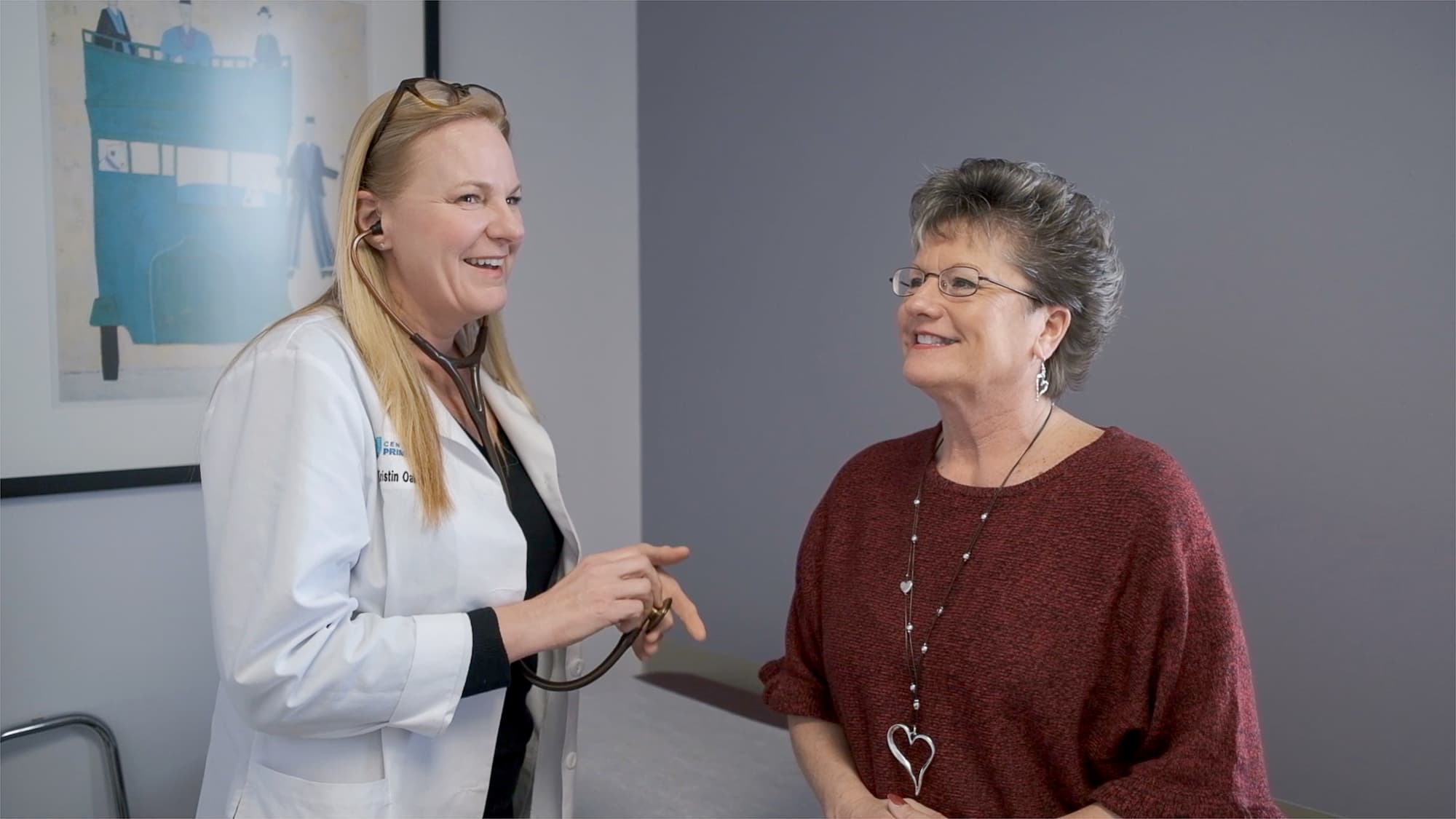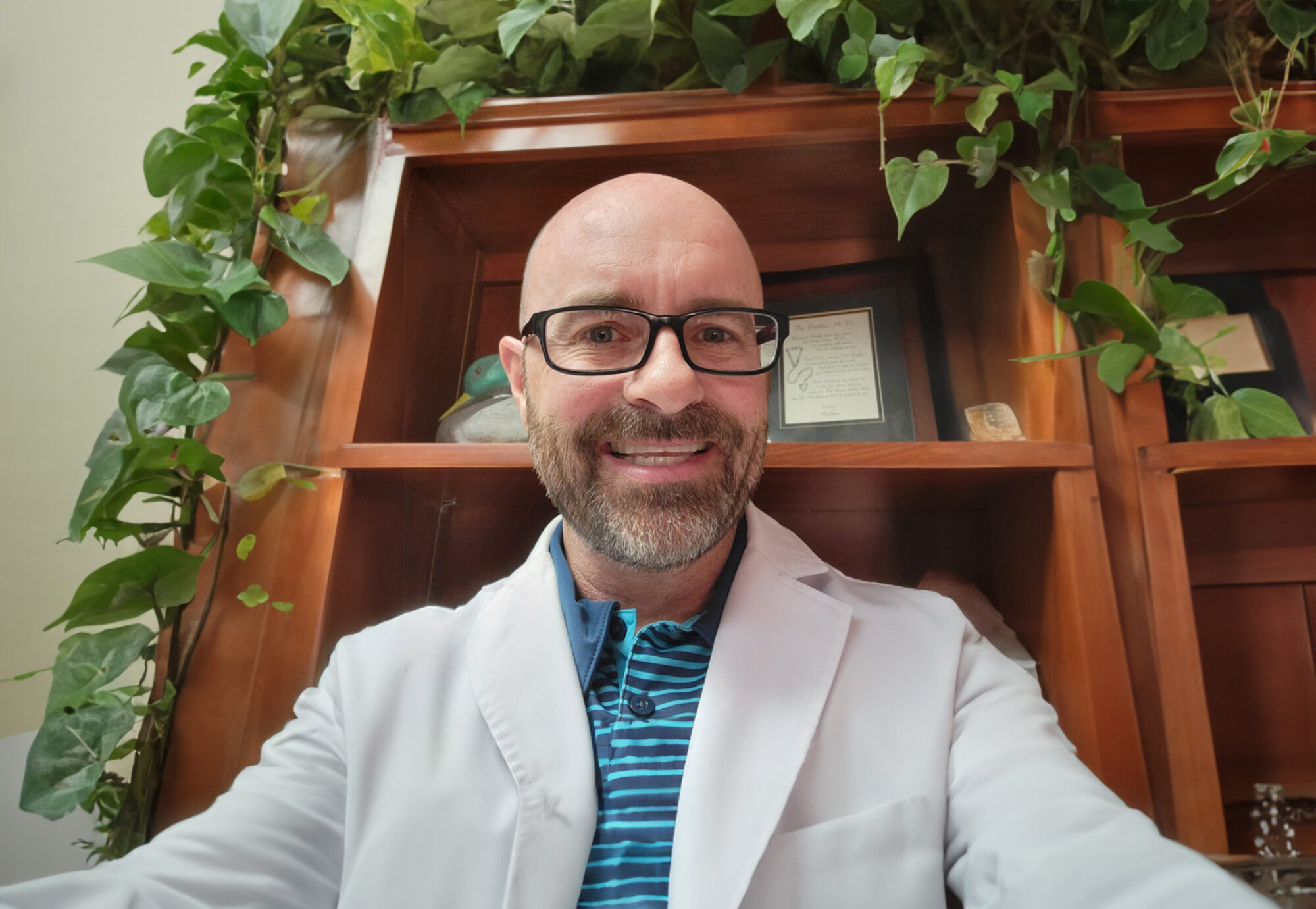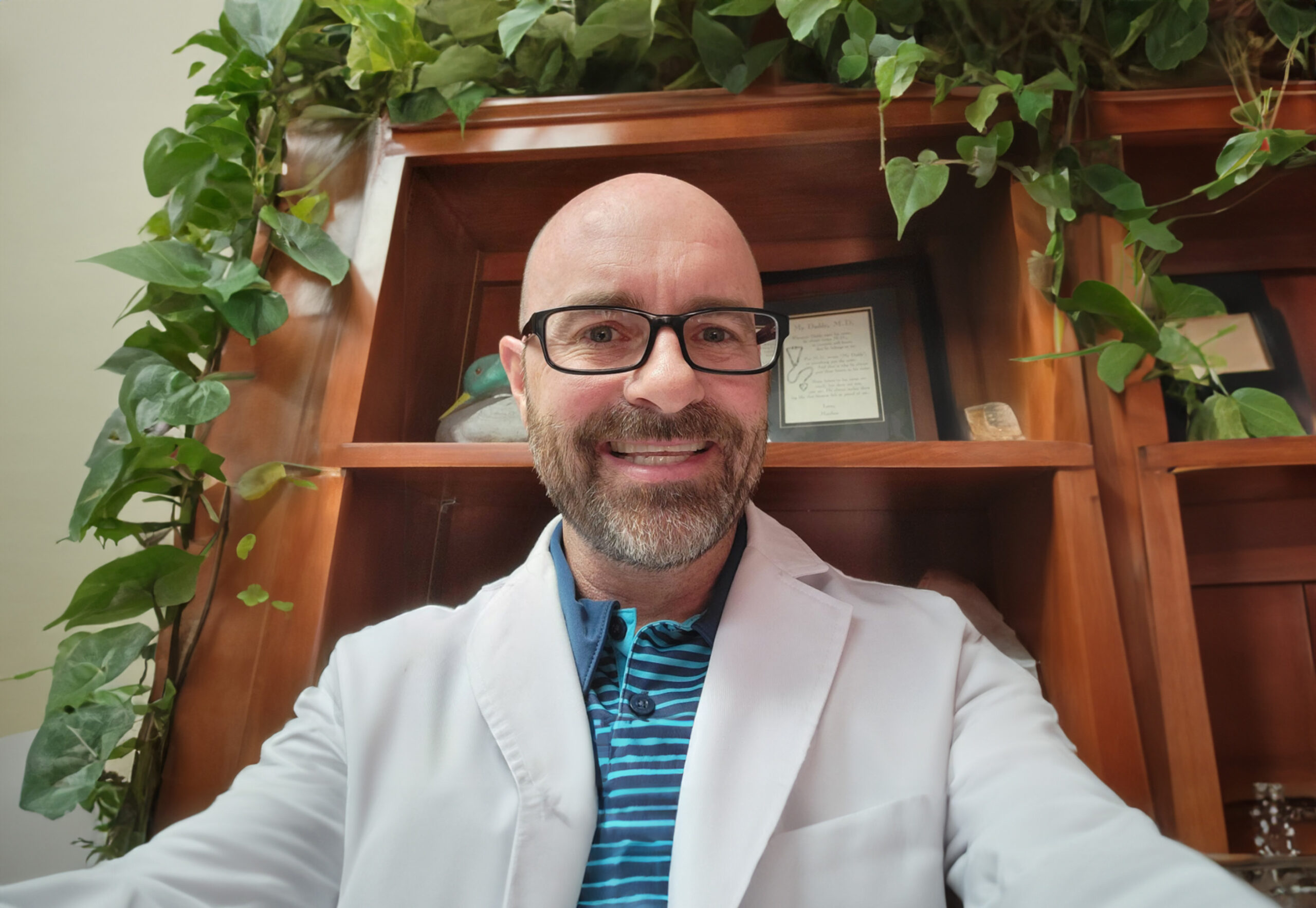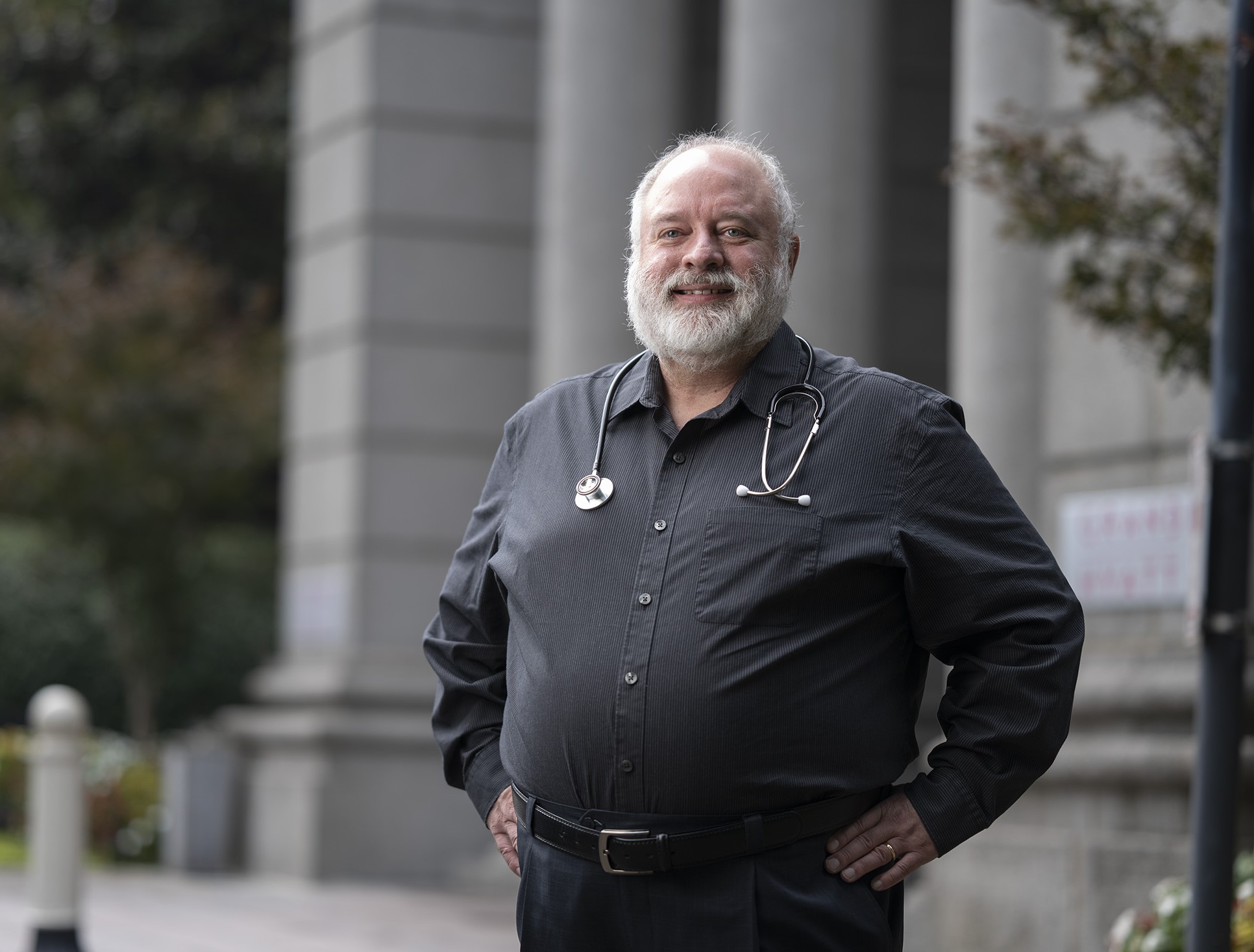As part of our blog series, The Empowered PCP, agilon health is sharing what we learn from influential voices in the primary care physician (PCP) community about how they’re creating healthier communities through value-based care (VBC) and their perspectives on empowering other PCPs.
Dr. Michael Morris, Medical Director of the Diagnostic Clinic of Longview in Texas, understands the challenges of successfully treating high-risk senior patients.
Multiple chronic illnesses, coupled with polypharmacy and geriatric conditions such as reduced cognitive abilities and socio-economic challenges like isolation or lack of informal support, significantly affect senior patients’ quality of life and the standard of health care they receive. In a health system that’s predominantly focused on disease-centered care, the requirements for comprehensive care and advanced care planning for these patients frequently go unmet.
Moreover, the traditional fee-for-service (FFS) model often makes providing quality care to high-risk patients prohibitively expensive.
A veteran of the FFS system, Dr. Morris knew there was a better way to improve care and control costs. In 2021, he became an agilon health physician partner and is achieving quality outcomes by engaging his PCPs in a high-risk patient management model. “The agilon model is a true partnership, giving us access to resources to achieve goals that make both entities more successful,” Dr. Morris says.
Identifying High-Risk Senior Patients
The agilon Total Care Model establishes group-wide, uniform goals, protocols, and standards that make health care delivery more efficient and organized. Providers appreciate those benefits because they help them stay attuned to the holistic needs of their patients rather than only focusing on short-term concerns.
“Our PCPs are now more focused on quality and outcomes than volume and production,” Dr. Morris explains. “By identifying patients as high-risk through using the agilon algorithm, we can focus our efforts very specifically to deliver high-impact care for better outcomes.”
Establishing Express Care
The partnership with agilon health provided capital for Dr. Morris’ group to build a case management team to support providers. “Their funding helped us open an urgent care clinic we call ‘Express Care,’” Dr. Morris explains. “It is open seven days a week and after hours and has been monumental in decreasing the need for patients to seek expensive hospital emergency department care.”
Through the clinic, Dr. Morris and his team are identifying high-risk patients and proactively providing them with the higher level of care and increased access that they need. Additionally, they aggressively manage their hospital/ER/rehab follow-up patients to prevent re-admissions. By instituting these new protocols and paradigms of care, they have been able reduced the cost of health care delivery.
“We can deliver care in the outpatient primary care setting in a very cost-effective way.” Dr. Morris observes. “When someone goes to the emergency department for treatment that we could do at the clinic, it literally costs thousands of dollars more per episode. A lot of that can be prevented.”
The Diagnostic Clinic of Longview has also started a palliative care program that sees patients in their homes and has substantially expanded home health and hospice operations. These initiatives not only provide personalized and compassionate care at a critical time, but also enhance the quality of life and offer a sense of comfort and dignity for patients and their families.
Improving Patient Follow-Up Care
The agilon model has brought into focus the quantifiable improved outcomes (both cost and quality) of prompt hospital follow-ups done within two to five days of discharge and the value of increased outpatient touchpoints done throughout the year. Dr. Morris shares a compelling example:
“After implementing our two-day hospital follow-up program, a case manager alerted me about a high-risk patient recently discharged from the hospital. Despite a full schedule, I made room for this urgent case. The patient was unaware that her medication had changed, putting her at risk of re-admission. A simple clarification and directing her family to the pharmacy prevented a potential crisis.”
The clinic’s protocols for rapid follow-up and increased touchpoints on high-risk patients enabled this outcome.
Leveraging Technology for Better Outcomes and Lower Costs
agilon health brings to the table a robust database and real-time updates on patient care, enabling Dr. Morris and his team to identify gaps in treatment.
“We can now take immediate and meaningful actions, thanks to the integration of the Member Information Profile (MIP) into our Electronic Medical Records (EMR),” Dr. Morris says. The agilon Total Care Model has enabled the clinic’s operations team to focus their efforts where care gaps exist and to identify and eliminate unnecessary medical spending.
“In the old fee-for-service world, I honestly used to see my medical care as a relative financial drain on the health care economy,” Dr. Morris says. “But agilon has showed me that, as primary care doctors, seeing our high-risk patients more frequently and proactively can actually save overall patient care dollars. That enabled me to see patients more often because I was doing something that was truly valuable instead of putting a burden on the system.”
Strengthening the Doctor-Patient Bond
A full-risk value-based care model allows providers to spend more time with patients, fostering stronger relationships and enabling more personalized care.
“Being a primary care doctor is not just about treating physical ailments.,” Dr. Morris explains. “It is also about addressing psychological issues and social barriers and helping with everyday practical concerns like family dynamics and accessible transportation. We’re spending more time with our senior high-risk patients, both in person and over the phone through our care teams, and that leads to better, more individualized care.”
The agilon Difference
The Total Care Model enabled by the agilon partnership provides resources and support to appropriately identify patient complexity, patient needs, burden of illness, as well as identify and manage medical budgeting and spending patterns. This is done with an emphasis on improving quality and decreasing medical expenses while increasing senior access to care. Dr. Morris sees applications beyond the Medicare system. “I think this is pretty much the wave of the future for primary care for everyone, not just senior patients,” he concludes.
Learn more about agilon’s unique partnership model.
Contact for media enquiries
[email protected]Up Next.

Blog Nov 15, 2023
How to Improve Post-Discharge Follow-up Care for Patients
A patient’s post-discharge follow-up care is crucial for better outcomes. Explore effective strategies to improve follow-up care and engage with your patients.





